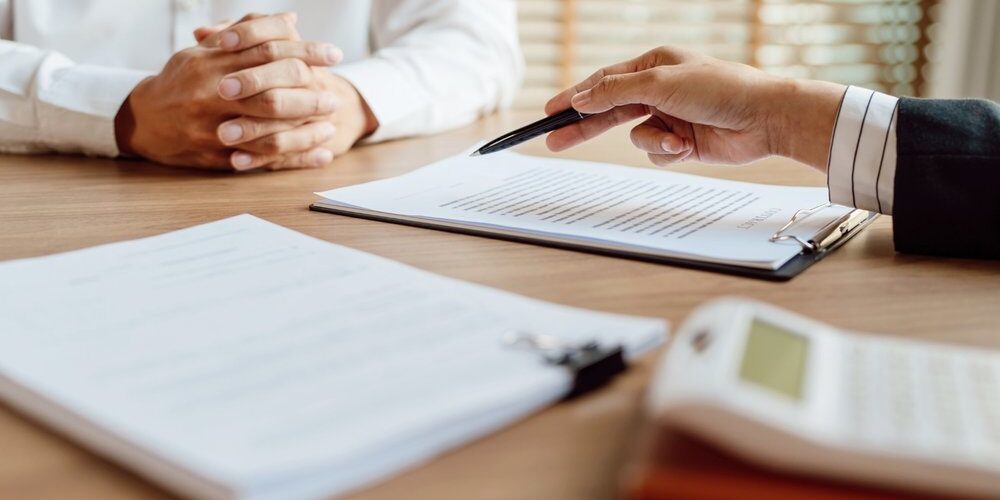Buying a home is one of the largest investments most people will make in their lifetime. After all the excitement of finding the perfect place, negotiating the price, and closing the deal, protecting that investment becomes a top priority. That’s where homeowners insurance comes into play. While it may seem like an additional cost, homeowners insurance is an essential safeguard that offers both financial protection and peace of mind. Here’s why you should consider it an important part of homeownership.
1. Protection Against Property Damage
- Natural Disasters: Whether it’s a storm, wildfire, hurricane, or hail damage, natural disasters can cause significant damage to your home. Repairing or rebuilding your house after a disaster can be extremely costly. Homeowners insurance can cover the expenses to repair or rebuild your home after an unexpected event, sparing you from potentially crippling financial costs.
- Accidental Damage: Fires, burst pipes, or other unexpected events can cause major damage to your home. Homeowners insurance covers these accidental damages, ensuring that your home can be restored without devastating out-of-pocket costs.
- Wind and Storm Damage: Severe weather events like hurricanes or tornadoes can leave your home in ruins. Homeowners insurance typically covers the costs of repairing or replacing the damaged parts of your property, ensuring you can recover quickly.
2. Protection for Personal Belongings
- Theft and Vandalism: If your home is broken into and your belongings are stolen or vandalized, homeowners insurance helps you replace these items. Whether it’s electronics, furniture, or other valuables, personal property coverage in your policy ensures that you’re compensated for what you’ve lost.
- Damage to Personal Items: If your possessions are damaged in a fire, flood, or other covered event, homeowners insurance will reimburse you for the cost of replacing those items. This includes everything from clothing and appliances to electronics and furniture.
- High-Value Items: If you own expensive items like jewelry, art, or collectibles, many policies offer additional coverage options to protect these valuables. This extra protection can help you recover the full value of high-priced items in case of theft or damage.
3. Liability Coverage
- Accidents on Your Property: If someone is injured on your property (e.g., a slip and fall on your sidewalk or in your yard), homeowners insurance can cover their medical bills. Without this coverage, you might be held personally liable for those expenses, which can be significant.
- Lawsuits: Liability coverage also protects you if the injured party decides to sue. Legal fees and court judgments can be financially draining, but homeowners insurance provides a safety net by covering legal costs, settlements, or judgments up to your policy limits.
- Dog Bites or Other Injuries: If your pet injures someone on your property or elsewhere, homeowners insurance may cover the medical expenses or legal fees that result from the incident.
4. Coverage for Additional Living Expenses
- Temporary Housing Costs: If your home is damaged and becomes uninhabitable due to a covered event (like a fire or storm), homeowners insurance will often cover additional living expenses (ALE). This includes hotel stays, meals, and other temporary living costs until your home is repaired and you can move back in.
- Peace of Mind During Repairs: Knowing that you won’t have to bear the financial burden of staying somewhere else while your home is being fixed gives you peace of mind. You can focus on getting your home restored without worrying about additional out-of-pocket expenses.
5. Mortgage Lender Requirements
- Required by Lenders: If you have a mortgage, your lender will likely require you to have homeowners insurance. This is because the home serves as collateral for the loan, and the lender wants to ensure that their investment is protected in case of damage or loss.
- Protecting Your Equity: Even if you don’t have a mortgage, maintaining homeowners insurance protects the equity you’ve built in your home. In the event of a disaster, your policy ensures that you won’t lose everything and can rebuild.
6. Protection Against Unforeseen Events
- Coverage for Unexpected Disasters: While you can prepare for some risks, others are completely out of your control. Homeowners insurance helps you prepare for the unexpected. From fires to falling trees, you never know when disaster might strike, and having coverage ensures you’re ready for whatever comes your way.
- Earthquake and Flood Insurance: In some areas, specific types of coverage, like earthquake or flood insurance, may be added to your homeowners policy. These natural disasters can cause massive damage, and having the right insurance can help protect you financially.
7. Affordable Peace of Mind
- Financial Protection: The cost of homeowners insurance is relatively small compared to the potential costs of repairs, replacement, or legal fees. For a reasonable monthly or annual premium, you get comprehensive protection that could save you tens of thousands of dollars, if not more, in the long run.
- Protecting Your Biggest Investment: Your home is likely your largest asset. Homeowners insurance ensures that you protect this asset from risks like damage, loss, and liability. The peace of mind that comes from knowing you’re protected is invaluable.
Conclusion: A Smart Investment in Your Future
Homeowners insurance is more than just a financial obligation—it’s a smart investment in your peace of mind and financial stability. By protecting your property, your belongings, and yourself from liability, it offers comprehensive coverage that helps safeguard your most valuable asset. Whether it’s a natural disaster, a break-in, or an unfortunate accident, homeowners insurance ensures you’re financially prepared for whatever comes your way.
Don’t wait until disaster strikes—invest in homeowners insurance today to protect your home and secure your future.
Contact Gulf Life Real Estate and start working with a professional who can help you navigate all aspects of the home buying process







